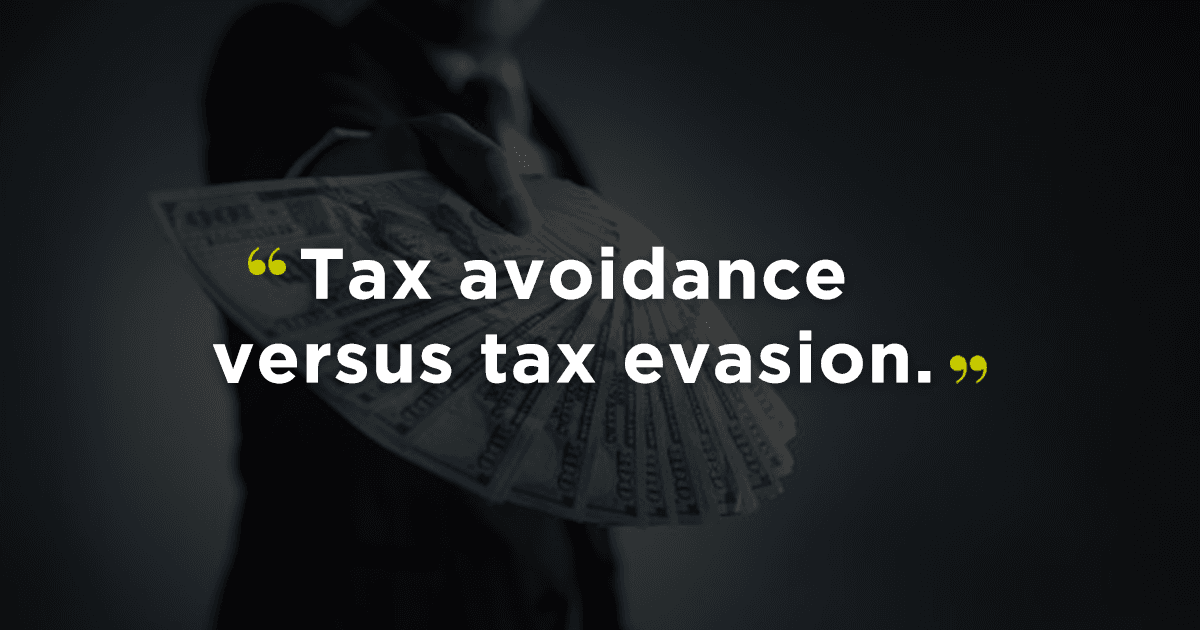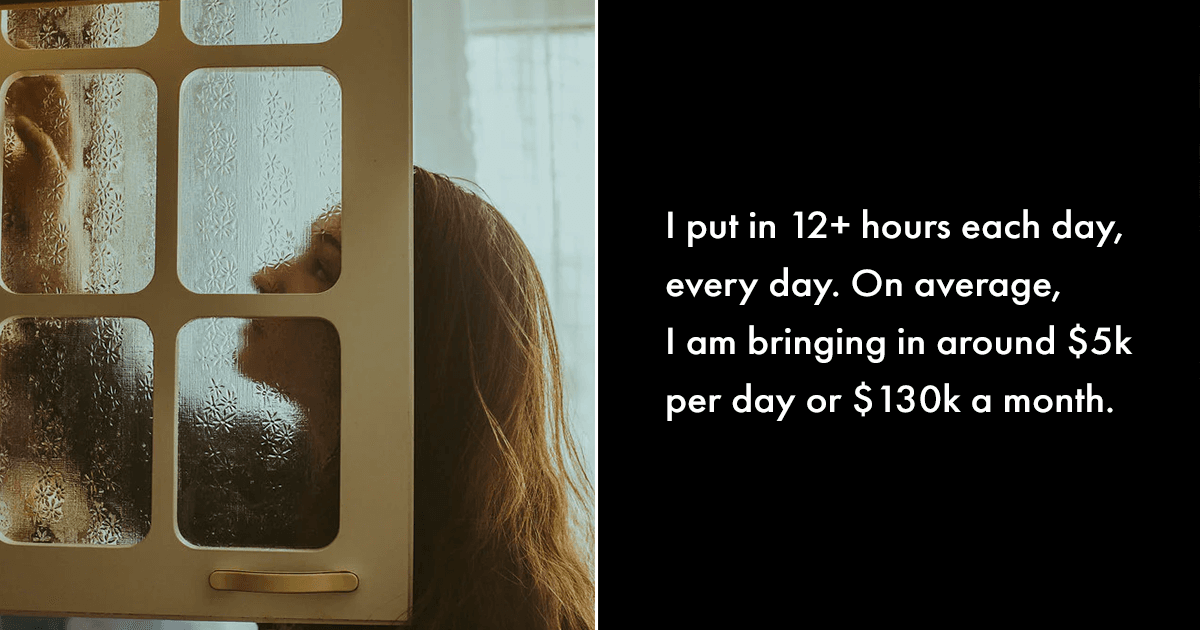Over the years, there have been some companies that came to the limelight for all the wrong reasons. Sometimes companies tend to over-glamorize their products for the sake of sales, but most of the time, it backfires. Here are some instances of famous companies getting sued for false advertisements.
1. Red Bull gives you wings WIIINGS
In 2014, Red Bull was sued for its slogan “Red Bull gives you wings.” The class action suit claimed they didn’t get any wings even after drinking the energy drink for years. The company settled the case by agreeing to pay a maximum of $13 million including $10 to every US consumer who had bought the drink since 2002. Post this, Red Bull changed its slogan to WIIINGS instead of wings.

2. Kraft Heinz Pasta doesn’t cook in 3.5 mins
A woman in Florida, US, sued the pasta company, Kraft Heinz, for $5 million because their pasta doesn’t get cooked in 3.5 mins, as claimed in their advertisements.

3. Walmart made up a “sugar tax”
In June 2014, Walmart advertised a nationwide sale in the US wherein 12 packs of Coca-Cola were advertised for $3.00. But in 117 stores across New York, the same product was being sold for $3.50. When customers asked about the difference, Walmart staff allegedly falsely claimed that New York has a ‘sugar tax’ which is making the product pricey. As a result, a class-action suit was filed against Walmart which agreed to pay $66,000 in fines.

4. Olay gives younger-looking skin through touch-up
In 2009, an Olay ad for its Definity eye showed a younger-looking, wrinkle-free 60-year-old model. And as it turned out, the ad was re-touched. A lawmaker gathered over 700 complaints against the misleading advertisement to which Olay’s parent company P&G claimed to be a ‘routine practice.’
It was “routine practice to use post-production techniques to correct for lighting and other minor photographic deficiencies before publishing the final shots as part of an advertising campaign.”
P&G

5. Hyundai & KIA overstated their horsepower
In 2004, Hyundai agreed to pay more than $85 million for a settlement after it overstated the horsepower of cars imported to the US. The class action lawsuit was on behalf of around 840,000 people who bought the 1996 to 2002 models of the Hyundai Elantra sedans and the Tiburon sports coupes. It was found that for some models the horsepower was overstated by 10%.

6. L’Oreal products aren’t clinically proven to boost genes
In 2014, L’Oréal advertisements claimed its Lancôme Génifique and L’Oréal Paris Youth Code skincare products were “clinically proven” to “boost genes” and give “visibly younger skin in just seven days.” These claims were found to be false and unsubstantiated. In the settlement, L’Oréal USA was banned from making claims about anti-ageing, without “competent and reliable scientific evidence substantiating such claims.

7. Volkswagen fails the emission test
In 2016, Volkswagen received a lawsuit from the Federal Trade Commission (FTC) for claiming that some of its vehicles burned clean, diesel fuel. It was found that Volkswagen had been cheating on its emissions tests for more than seven years by engineering a software that allowed vehicles to detect when it was being tested and intentionally reduced harmful exhaust as a temporary measure to fool testers, reported Entrepreneur. Volkswagen faced a potential $90 billion fine for violating the Clean Air Act, along with a severe reputation hit.

Check Out | 11 Of The Most Controversial Indian Ads That Raised Eyebrows & Made Too Much Noise

















